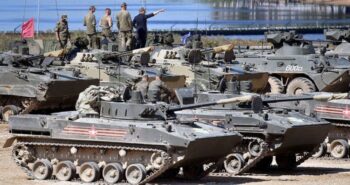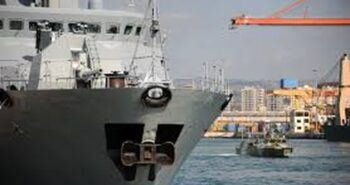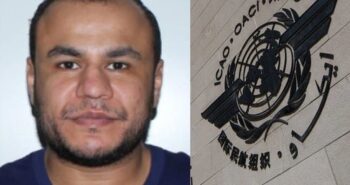Abdullah Alkabir

The dominant political and military class does not plan to make the desired change that the people are waiting for, and it is imposed by the necessity to save the country from a frightening reality and a darker future, as if all parties of this class are satisfied with the power and influence, they have achieved through the political equation, and are satisfied with it, and do not aspire for anymore. Certainly, they do not feel the danger threatening the country and its people, or they are aware of it but do not pay it the deserved attention, because what concerns them is their personal salvation by securing wealth outside the country that will enable them to live comfortably anywhere in the world.
This descent into the unknown cannot be halted without renewing legitimacy through elections, and because these elections, if they take place, will overthrow the parties of this class and strip them of the power and influence they have wielded, and may push some of them to face justice, they are doing everything they can to abort it, and extend the transitional period Indefinitely.
Even the UN initiative, and behind it the American pressures, did not succeed in bringing the main parties in power to the negotiating table through their representatives. Although, the UN envoy did not raise the white flag, and is still trying to bring the views of the invitees closer together, hoping for a response at the end and the start of the dialogue. However, the regional and international context is not prepared for reaching a comprehensive political settlement, resulting in a comprehensive path towards a unified executive authority, and a clear path with certain dates towards elections.
The conflict between the major powers is at its most extreme stage, only short of direct, declared confrontations. Initiatives launched by UN missions in countries with internal conflict require a minimum level – at the very least- of regional international consensus.
At the internal level, the High Council of State is discussing opening the path to sovereign positions with the House of Representatives, while blocs within the House of Representatives are moving to overthrow Agila Saleh, Speaker of the HoR, driven by the military party controlling the east of the country. As long as these are the trends of the legislative authority with its both wings, there is no doubt that they are completely reassured to remain in their positions, and that their departure through elections will not be achieved in the foreseeable future.
Therefore, there is no reliance on the political and military parties that benefit from the crisis, and whose interests intersect with external powers, and the mission will remain unable to propose any solution under such turbulent climates. What is the way out of this long tunnel of transition?
The only way, in my opinion, is for the people to rise up and activate all available tools, which are not few, such as the popular movement and through demonstrations of a national nature, but not regional or factional, sit-ins and statements demanding the speedy holding of parliamentary elections, as well as pressing UNSMIL to assume its responsibilities, in the face of the political class’s continued procrastination.
By transcending the obstructionists who have no vested interest in change, by holding a referendum on the draft constitution, or the constitutional rule in question, it is the responsibility of the national elites to adopt these options that can contribute to getting the country out of the crisis, by presenting appropriate plans to mobilize the street, and then heading to address the UN mission, backed by the hoped-for popular movement, which will be the decisive factor in any desired change.
________________________





